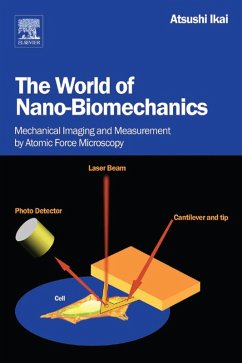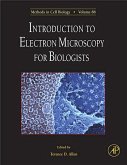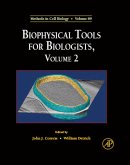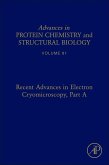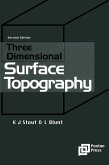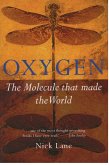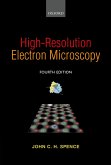By using nanotechnological methods, we can now poke around protein molecules, genes, membranes, cells and more. Observation of such entities through optical and electron microscopes tempt us to touch and manipulate them. It is now possible to do so, and scientists around the world have started pulling, pushing and cutting small structures at the base of life processes to understand the effect of our hand work.
The book describes the physical properties of such life supporting structures from the molecular level with a special emphasis on their designs based on the mechanical strength and flexibility, membrane and other biological nanostructures.
- Describes the basic mechanical features of proteins, DNA, cell membrane and other biological nanostructures
- Explains the basic concepts and mathematics of elementary mechanics needed to understand and perform experimental work
The book describes the physical properties of such life supporting structures from the molecular level with a special emphasis on their designs based on the mechanical strength and flexibility, membrane and other biological nanostructures.
- Describes the basic mechanical features of proteins, DNA, cell membrane and other biological nanostructures
- Explains the basic concepts and mathematics of elementary mechanics needed to understand and perform experimental work
Dieser Download kann aus rechtlichen Gründen nur mit Rechnungsadresse in A, B, BG, CY, CZ, D, DK, EW, E, FIN, F, GR, HR, H, IRL, I, LT, L, LR, M, NL, PL, P, R, S, SLO, SK ausgeliefert werden.

